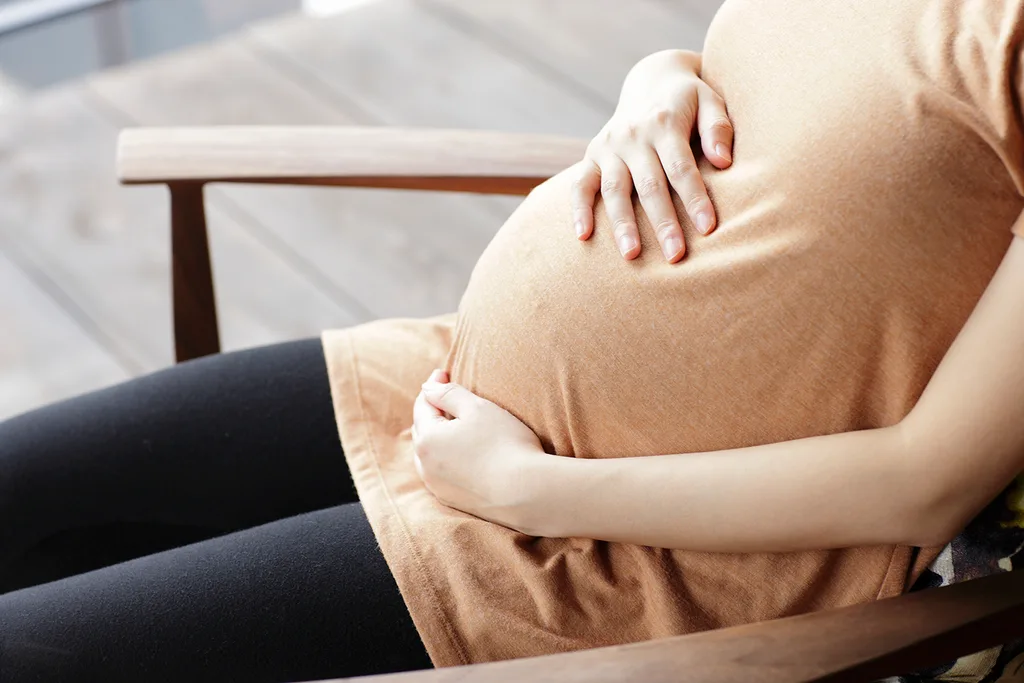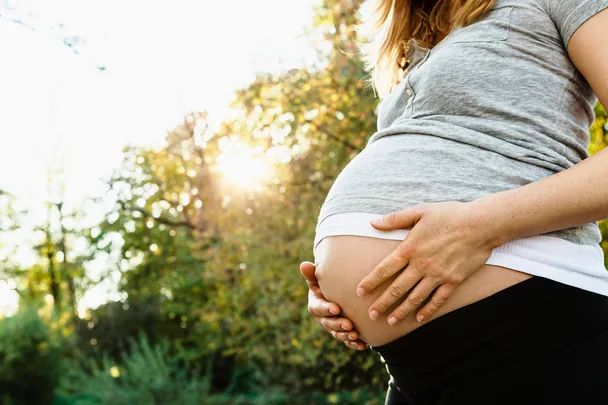A study has found children born by caesarean section appear to perform below children who were born vaginally in some school tests.
Researchers from the University of Melbourne analysed the cognitive performance of 5000 Australian students in Year 3 by looking NAPLAN results and data from the Longitudinal Study of Australian Children.
As The Sydney Morning Herald reports, the study found children born by caesarean had small delays in grammar, numeracy, reading and writing skills between the ages of four to nine.
It is important to note the gap in test scores in the study was relatively small, equating to a grade three child missing up to 35 days of school.
Approximately 30 percent of births in Australia are through caesarean section.
Speaking to the ABC, Melbourne University’s Cain Polidano stressed that the link between caesareans and possible delayed development was “only correlational” and did not establish causation.
“There is already a bit of evidence that shows that caesarean birth is related to a number of negative childhood health outcomes, including risks of ADHD, autism and also asthma,” he said.
“So our research speaks to that literature which shows that there’s a link, but what we do now is look at impacts on another outcome, which is child development.”

Professor of physiology Joel Bornstein, who co-authored the study, suggested that different levels of gut bacteria in babies could explain the study findings. He suspects it is possible that gut bacteria babies pick up during a vaginal delivery might give them a developmental advantage later in life.
“Immediately after caesarean birth, the bacteria present are different from those that are present after a vaginal birth. There’s quite a lot of data now indicating that the gut bacteria influence the nervous system,” he told the SMH.
“So we believe, although there’s no way of proving it at this point, that this may be the difference that leads to the cognitive changes later on in life.”
However, Dr Charlotte Elder, spokeswoman for The Royal Australian and New Zealand College of Obstetricians and Gynaecologists, told AAP that the study should not alarm or shame women who had caesarians.
“This issue is a very complicated one, it’s very much too simplistic to just say that having a caesarean means that your gut flora is changed therefore that means you are not going to do so well at school,” she said.
“This is just a tiny piece of the puzzle rather than being something that’s worth stressing about.”
Study co-author Dr Polidano—whose two children were born via caesarean—also reminded parents that creating a stimulating learning environment was ultimately most important for children, regardless of how they were delivered.
“One thing we do know is that these effects are not going to be as large as the difference that mum and dads can make by providing and stimulating and supportive environment,” he explained.
“That’s certainly going to be more important than whether they had a C-section.”










